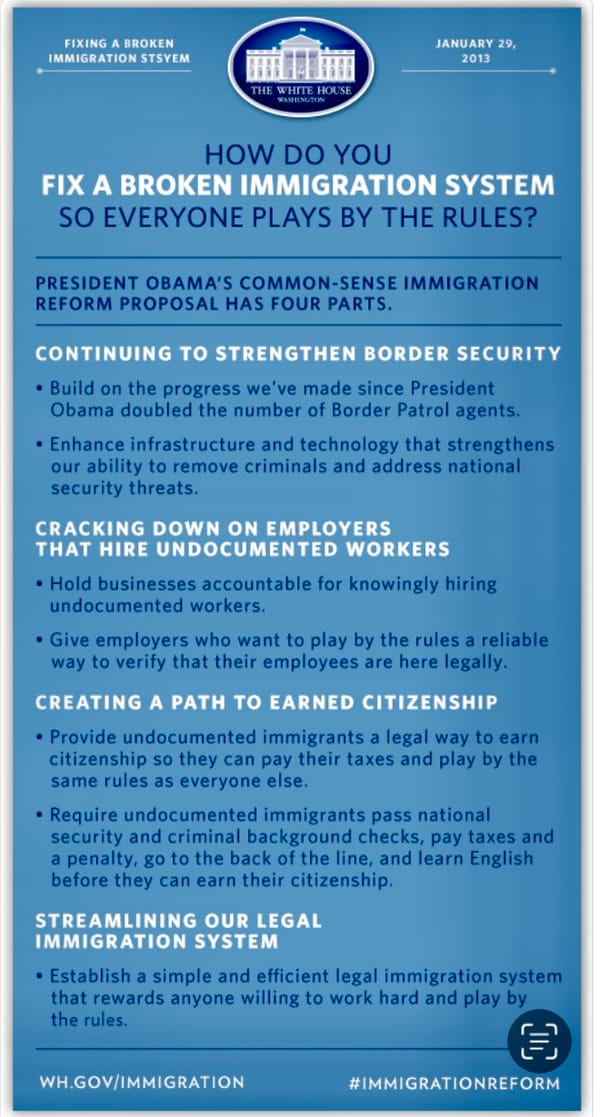The Press versus the Pentagon
The news organizations said the restrictions are without precedent, and attack core protections offered by the First Amendment.

How often would you find CNN, ABC, the AP, Newsmax, The New York Times, NPR, and many others on the same side of an issue?
Not often, but there is unusual near-unanimity among journalism organizations in refusing to sign on to new attempts to censor “rules” demanded by Secretary of War Pete Hegseth for journalists covering the Pentagon.
Hegseth’s last job was as a host on Fox News, which joined in rejecting the new rules. In his current job, Hegseth thinks he’s a combination of George Patton and Cap’n Crunch.
The news organizations said the restrictions are without precedent, and attack core protections offered by the First Amendment. In a related report, Hegseth is considering forcing Pentagon staffers to take random lie detector tests to foil unauthorized leaks. With that, he seems like “The Caine Mutiny’s” Capt. Queeg’s mad pursuit of missing frozen strawberries.
For the record, unauthorized leaks are a primary channel used by journalists to receive valuable and accurate information to which Americans are entitled.
The Pentagon calls the rules “common sense media procedures.”
They can be viewed here.
Organizations not in compliance were to be barred starting Wednesday, Oct. 15.
The rules almost certainly will wind up in court.
The Pentagon Press Association, which represents many journalists covering the Pentagon, expressed surprise at Hegseth’s new rules, which were ordered without any known provocation.
Unlike some networks' earlier groveling decisions, as well as cave-ins to the administration by some large law firms and universities, the press here is taking on the administration.
As it should.
The only way to stop executive overreach is by fighting back.



